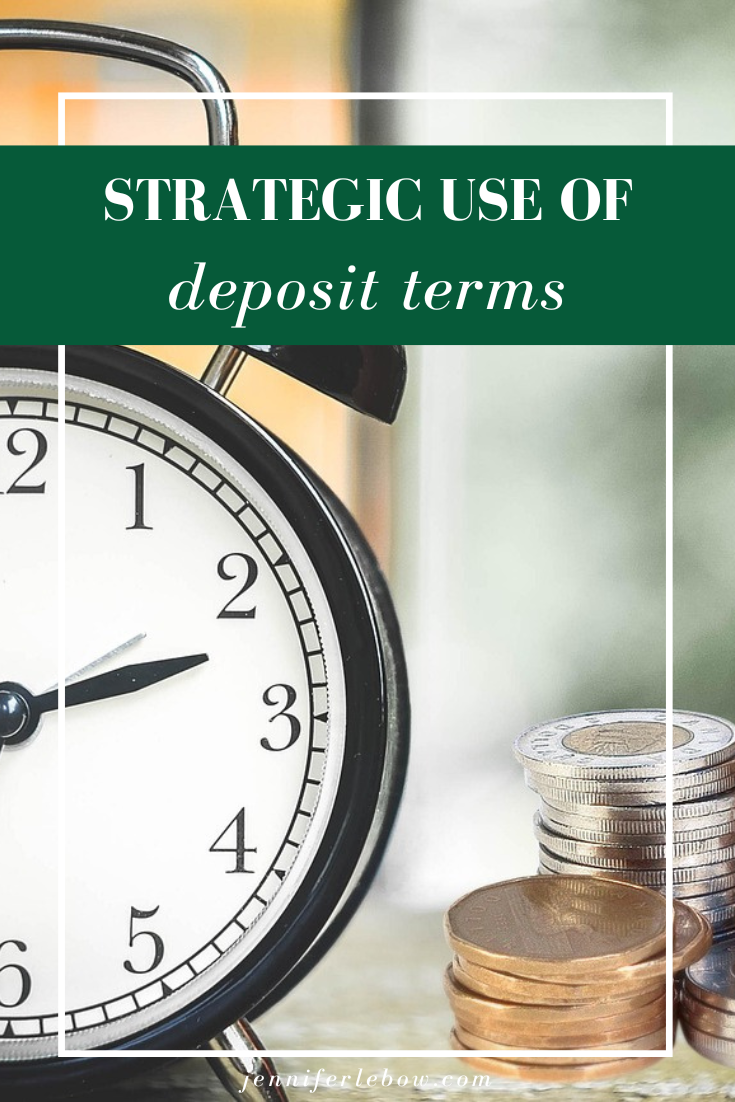
Competing against a “cash offer”
Many home buyers today are finding that the highly competitive market makes it nearly impossible for their mortgage-contingent offers to be accepted. They bemoan having to compete against “cash offers”. While it is certainly true that some buyers are going to make a purchase without using a mortgage, the term “cash offer” is often misused/misunderstood. Most people use the term to describe an offer that is not contingent on getting a mortgage. Note that its not being contingent on a mortgage does not mean that the buyer won’t be using a mortgage. Again, just because the offer is not contingent on the buyer obtaining mortgage financing does not mean the buyer cannot choose to get a mortgage. I know it seems to make no sense, but keep reading.
How can my offer not be contingent if I need a mortgage?
In order to understand how (if you can only afford the house with a mortgage) could write an offer that is not contingent on a mortgage, you need to learn a little bit more about the offer document. The PAR form we, in PA, use for offers on homes has a box to check stating whether the offer is or is not contingent on the buyer receiving a mortgage. Among many other boxes to check and fill-in-the-blanks is a section that states the amount of deposit money that is due from the buyer.
Consider an offer written for a buyer who is not using a mortgage (a true cash offer). Once the deposit has been received, assuming there are no other contingencies (like an inspection–read here why sellers strongly avoid inspection-contingent offers), if that buyer decides to not consummate the transaction, the seller can keep the deposit. Let’s say the buyer decides not to move after all, or to choose a different house. The seller can’t force the buyer to follow through on the transaction, but the contract does enable the seller to keep the buyer’s deposit.
Now, let’s consider an offer written by someone who does need the mortgage (and can’t afford the house without it). If that person also waives the mortgage contingency (meaning the offer is NOT contingent on a mortgage), what would happen if the buyer doesn’t get the mortgage? Exactly what would happen in the previous scenario with the cash buyer: the seller would get to keep the deposit. Therefore, when you waive the mortage contingency, to the seller, you are a “cash buyer”. (Note: While the idea of a small deposit may pop into your head as a sort of risk-reduction measure, recognize that the seller will be less impressed by your offer if he recognizes you aren’t risking much if you find yourself unable to come to the settlement table. So you’ll want to put the largest amount on deposit your risk-meter can tolerate, understanding you could lose it if you don’t get the mortgage.)
What’s the difference? The difference is that the second buyer has the additional risk of not getting the necessary mortgage. For buyers who are very confident that, after being pre-approved, they will, indeed get the mortgage, writing an offer and waiving the mortgage contingency can be a good strategy for competing with a true cash buyer. There are lenders who will go a step beyond a pre-approval or pre-quaification and send an application through underwriting even before an offer has been submitted. While not completely iron-clad, this extra step takes makes it nearly impossible for the applicant to end up not qualifying for the loan.
So, if you want to be able to write as competitive an offer as possible, even though you need a mortgage, you might consider waiving the mortgage contingency. Obviously, you’ll want to discuss this option at length with the lender to ensure you understand the level of risk. Also, take into consideration that someone’s risk-tolerance may change depending on how imperative it becomes to find a house, how many someone has bid on and lost as well as other factors.Things you were not willing to do at the beginning of your search three months ago might not sound as out of the question now. One last thing: if you want to better understand why sellers are so much more inclined to prefer offers that are not contingent on mortgages, click here.
If you are relocating to the Philadelphia/Main Line area, please go to my blog page and search for posts using the relocation tag. Contact me to discuss your Philadelphia area relocation! jen@jenniferlebow.com/610 308-5973








